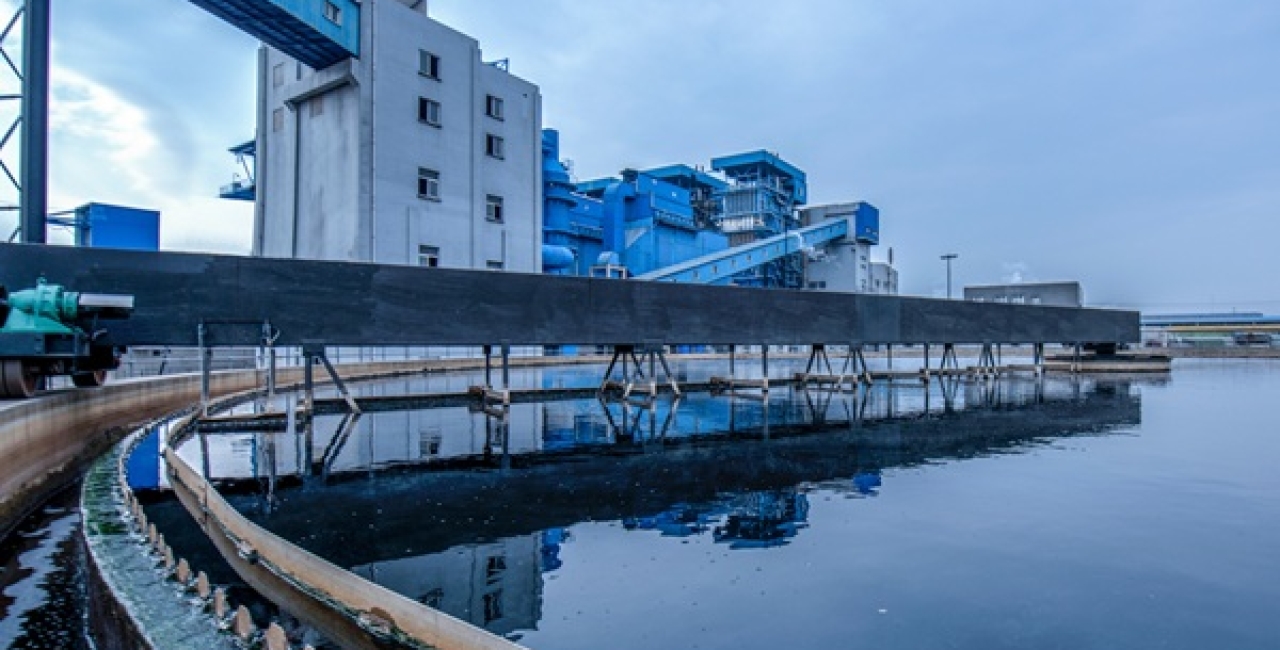The food industry follows in second place. This is the result of a study by ecoprog on industrial wastewater treatment plants in Germany, Denmark, the Netherlands, Austria and Switzerland. The study evaluates more than 1,500 industrial wastewater treatment plant sites; the total number of industrial wastewater treatment plants in these countries is estimated at around 3,600.
Industry is one of the largest water consumers and wastewater producers in Europe. The five countries Germany, Denmark, the Netherlands, Austria and Switzerland together produce around 3.2 billion m3 of wastewater from industry. This wastewater is treated in around 3,600 industrial wastewater treatment plants. As part of the study, ecoprog was able to identify more than 1,500 such sites in industry that are assumed to have their own wastewater treatment facilities.
The three most important sectors in industrial wastewater treatment are the chemical and pharmaceutical industries, the food industry, and the paper and pulp industry.
The chemical and pharmaceutical industry is the largest industrial wastewater producer, with just under 850 million m3. This wastewater often contains residues from pharmaceuticals or cosmetics. Around 370 sites were identified here that are assumed to have their own treatment facilities.
The food industry ranks second in terms of industrial wastewater production with around 300 million m3. Wastewater from the food industry often has high organic pollutant loads, so biological treatment methods are used. Around 500 industrial wastewater treatment sites have been identified in the food industry.
The paper and pulp industry is the third largest industrial wastewater producer with around 275 million m3. Here, too, the wastewater has a high organic pollutant load due to fibre residues. Just under 150 sites were identified in the paper industry that are assumed to have their own treatment facilities. As in the chemical and pharmaceutical industries – and in contrast to the food industry – the sites here are rather large on average.
The legislative situation in the industrial wastewater treatment market can be described as comparatively mature and stable. Nevertheless, increasingly stricter legislation is observed, such as the amendment to the Industrial Emissions Directive that came into force in August 2024. New pollutants such as PFAS and treatment technologies are gaining attention. A possible extension of an EU regulation on the reuse of water in industrial plants is being examined by the EU until 2028. Accordingly, investments in industrial wastewater treatment can be expected, primarily through the modernisation of existing plants, and to a lesser degree, through the construction of new plants.
The study analyses industrial structure, industrial water use and wastewater discharge in Germany, Denmark, the Netherlands, Austria and Switzerland and provides information on 1,500 companies from industry and commerce. The publication is available in German language at: www.ecoprog.com. An English version is available upon request.
About ecoprog
ecoprog is a consultancy specialising in the fields of environmental and energy technology. It has developed into a renowned expert on these markets. ecoprog’s typical activities include market and competition analyses, commercial due diligence, economic feasibility studies, and material flow analyses.

